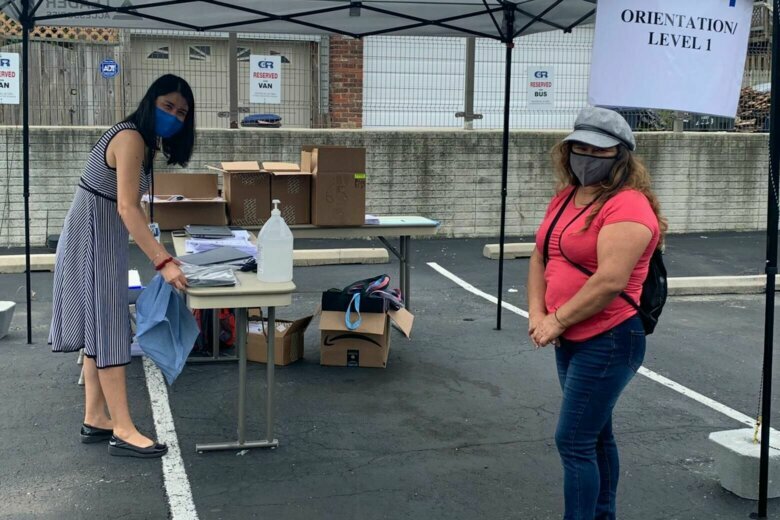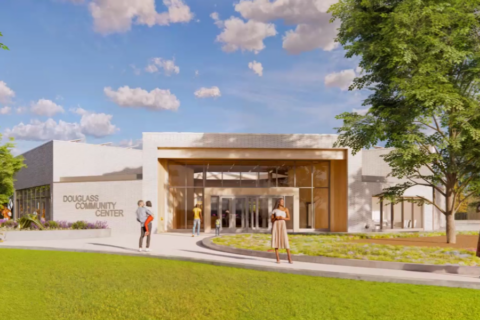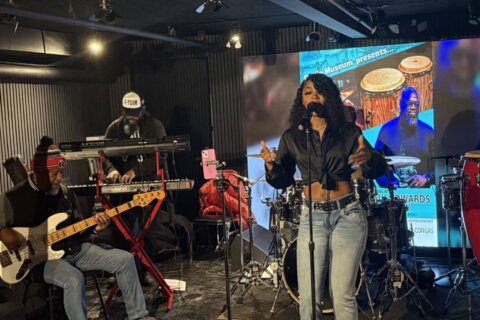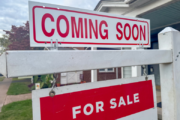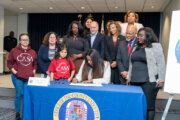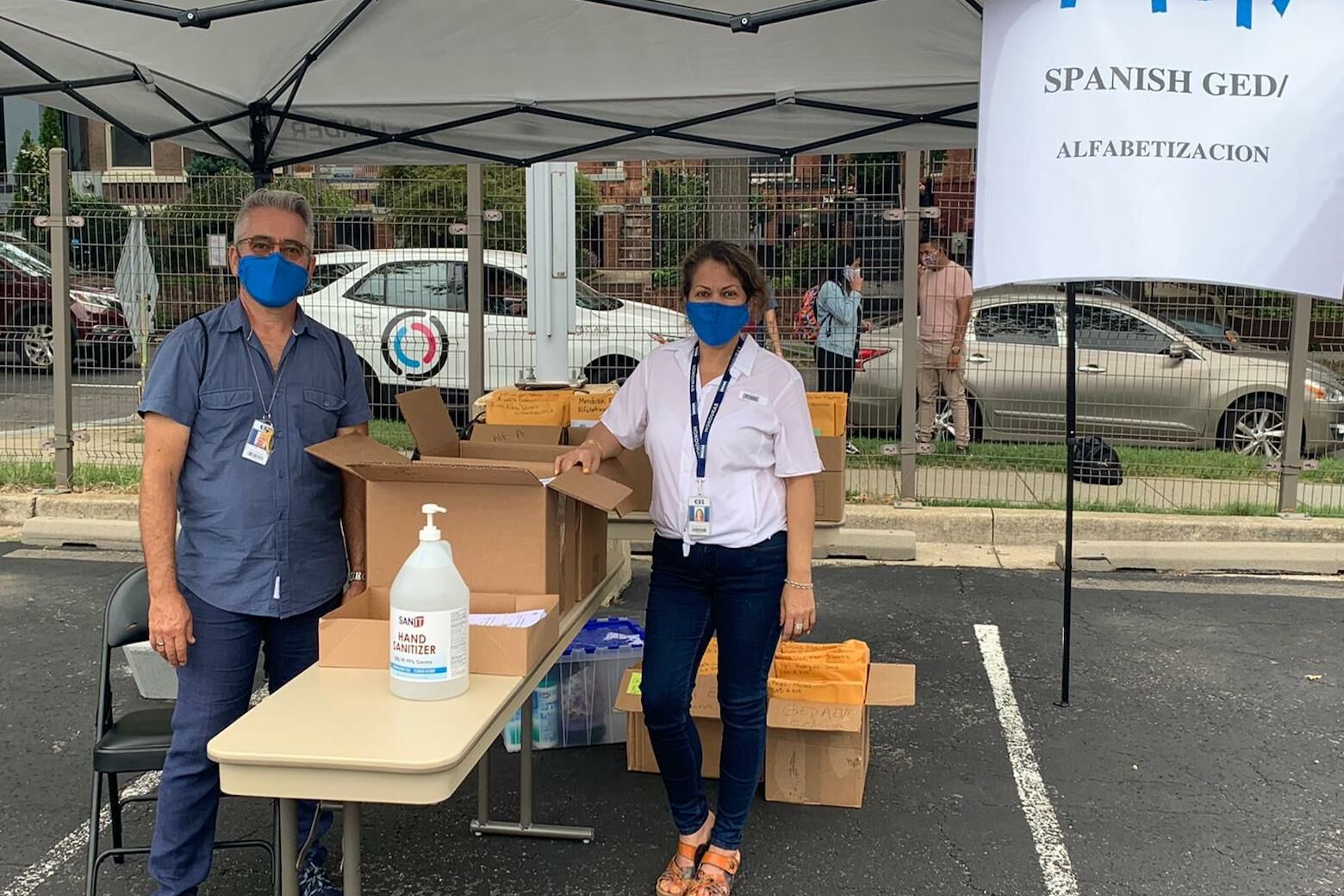
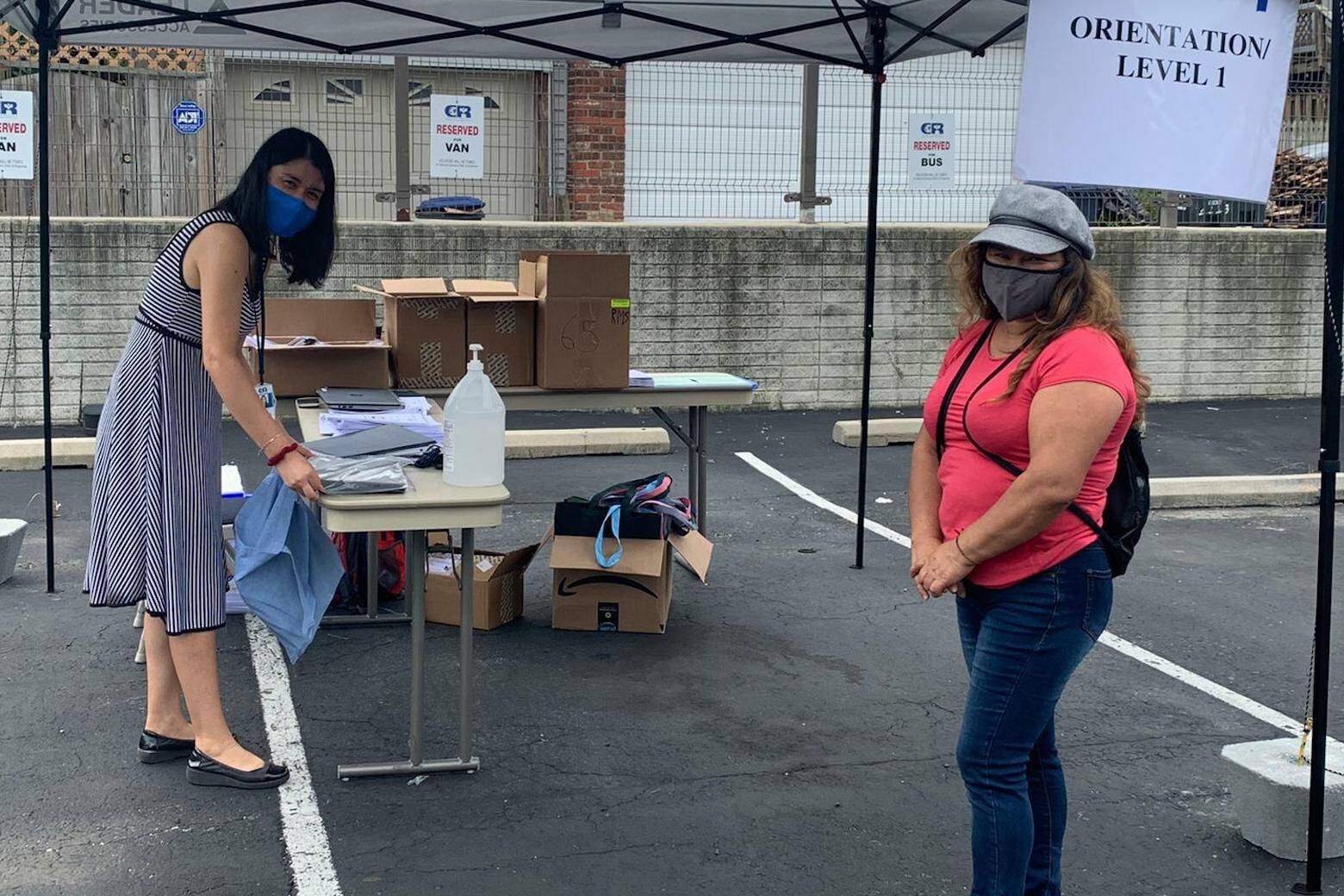
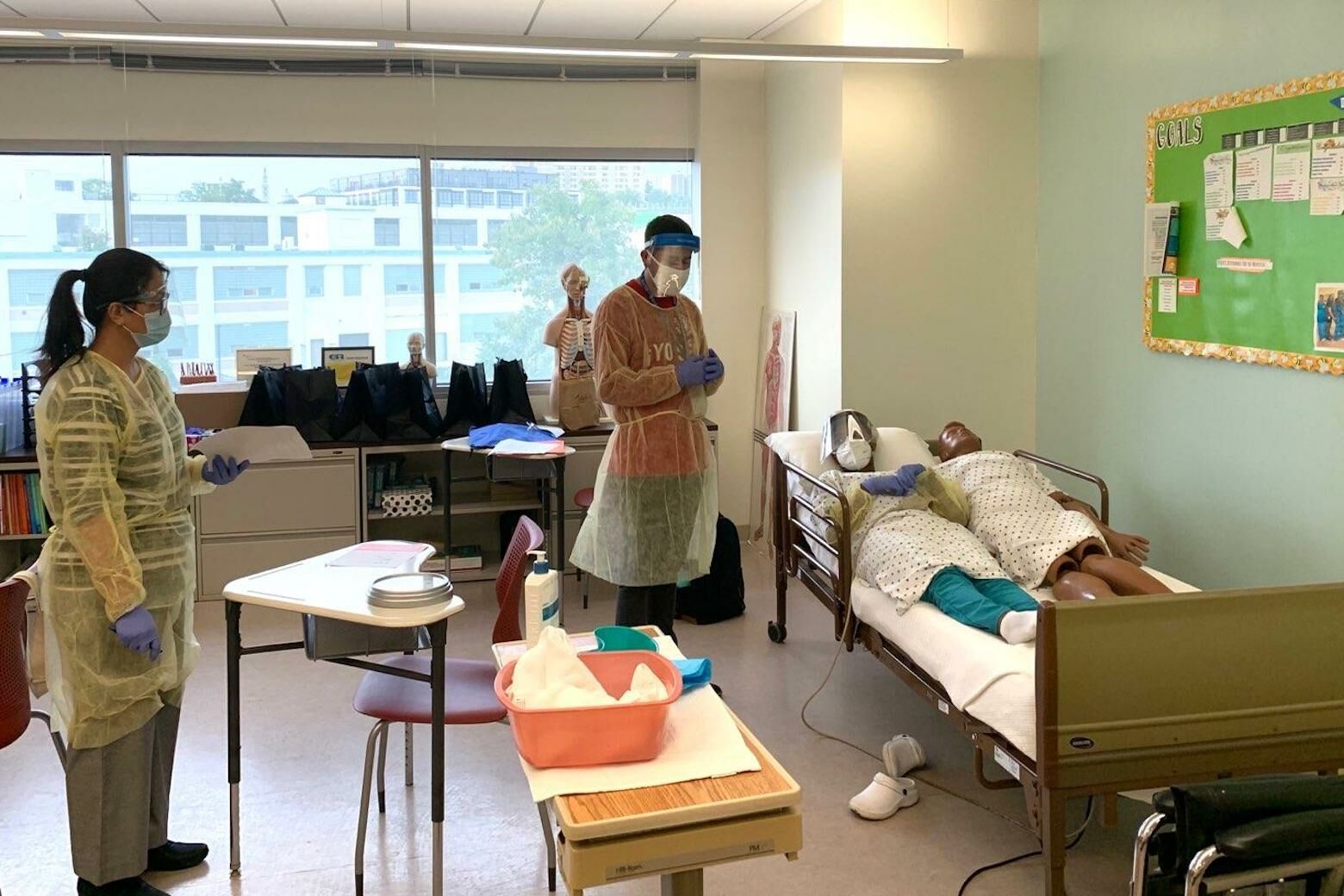
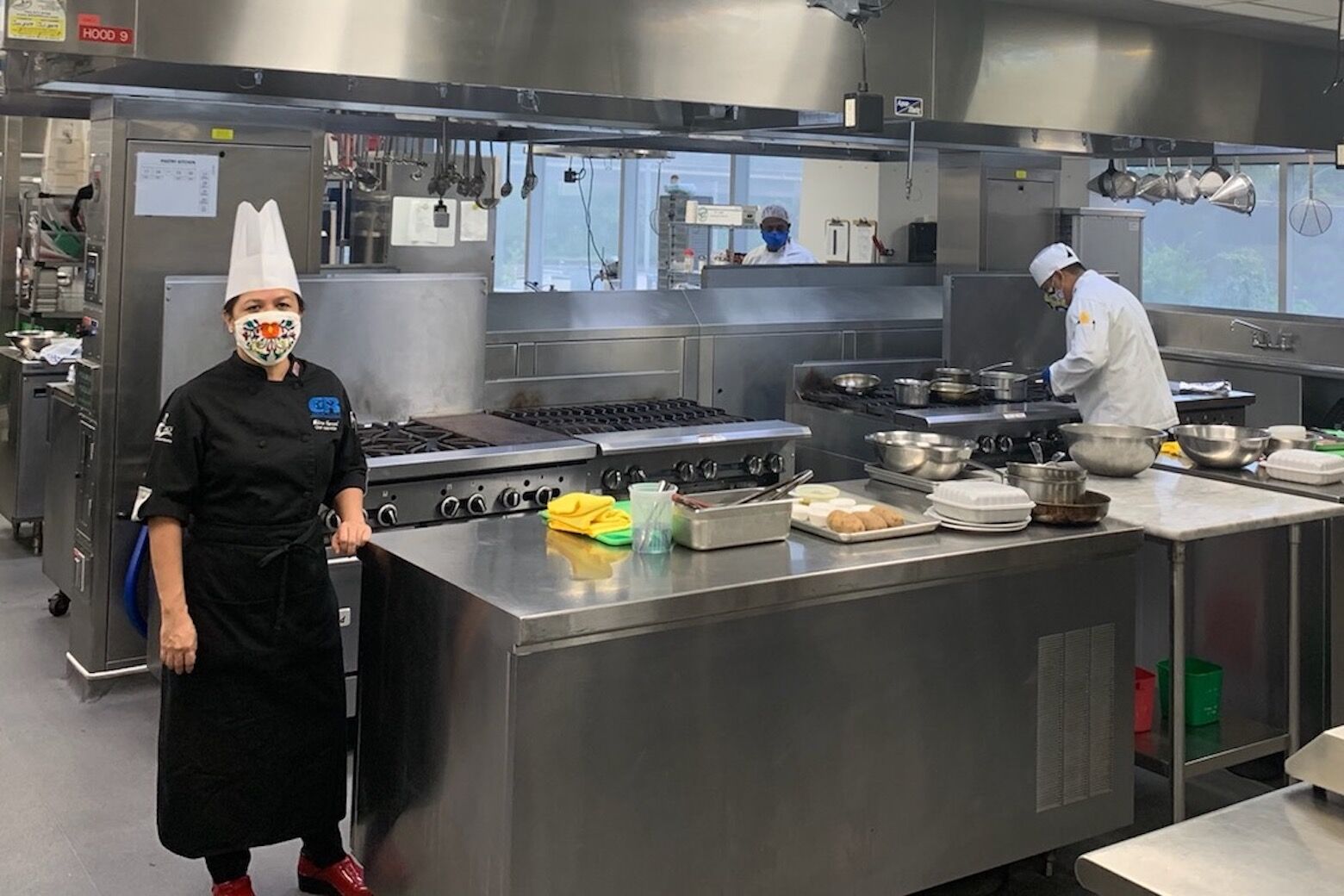
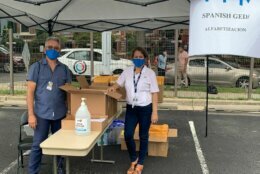
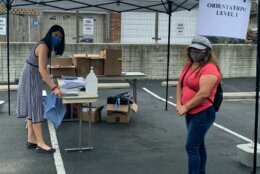
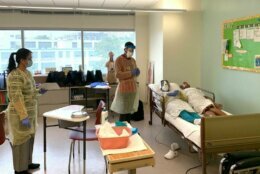
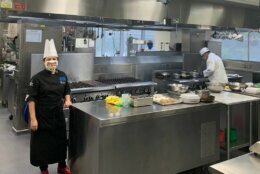
A D.C. school for adult English learners is working to overcome the wide-range of difficulties its students face switching to virtual learning during the pandemic, especially with most being both immigrants and parents.
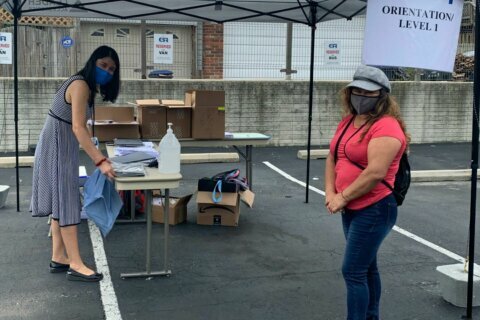
“It’s been quite a journey,” said Allison Kokkoros, CEO of the Carlos Rosario International Public Charter School. “There was so much innovation using cellphones, using What’s App, using any kind of tool people could think of to use to stay connected.”
Kokkoros said a year ago they had to shift their close to 2,000 students who are all English learning immigrants to online classes.
Many were parents trying to figure out how to help their own kids learn from home.
“They are so incredibly determined to stay connected, to keep learning English, to work on their high school diploma,” Kokkoros said.
The school was able to provide internet-enabled laptop and tablet devices to all of its students through a $372,000 grant from the DC Equity Fund and SOAR grant funding.
And staffers taught them how to work the equipment in the parking lot of the school.
“We distributed them to every single student with information on how to use the laptop in multiple languages in English and Amharic, in French, in Spanish, and then followed up with students after getting the laptop for those who needed one-on-one coaching and support,” Kokkoros said.
The school also launched virtual mental health and employment support services.
And for those students facing food and housing insecurities, it held multiple fundraising drives and put more than $40,000 into a student emergency fund. Most of that money came from school faculty, counselors and staff.
“That money came from primarily individuals that work for our school and our friends in our network. It was incredible. People were receiving their recovery checks and saying, ‘I don’t need this check as much as our students need it,'” Kokkoros said.
She said she’s looking forward to getting more students back into the classrooms once it’s safe, but some of the virtual classes are here to stay.
Some programs like the nursing aide and culinary programs have begun welcoming some students back with strict social-distancing and masking requirements in place. There are also daily health screenings.
“In some crazy ways, [the coronavirus pandemic] brought us together in ways that we may not have come together otherwise to meet the needs of the community,” Kokkoros said.

